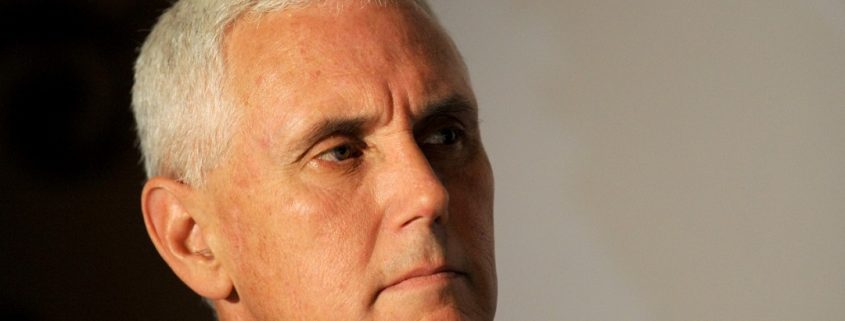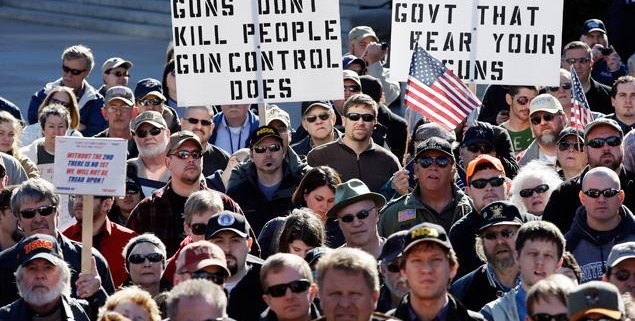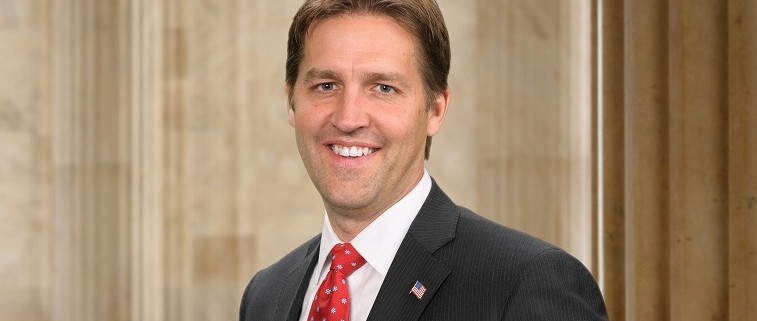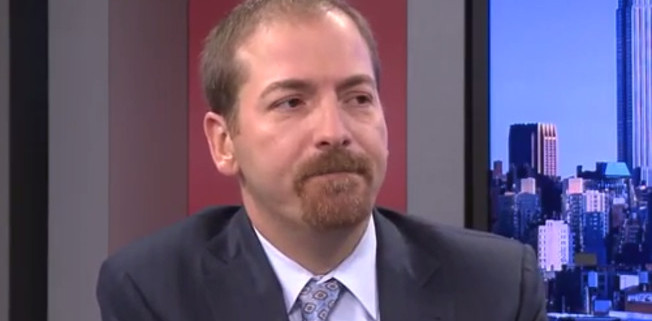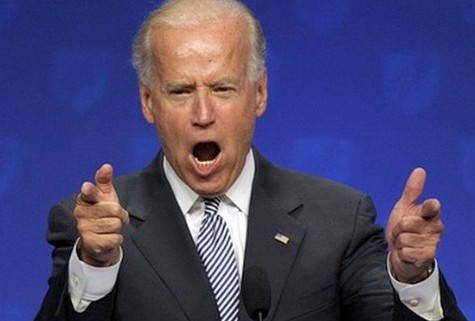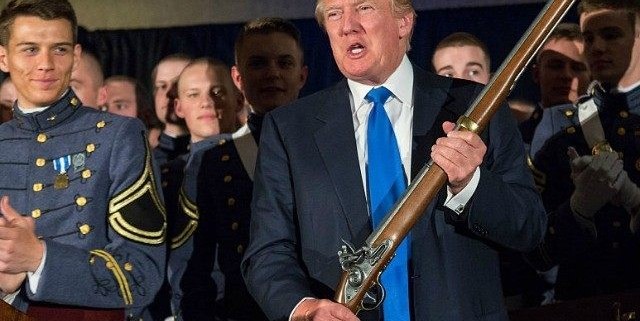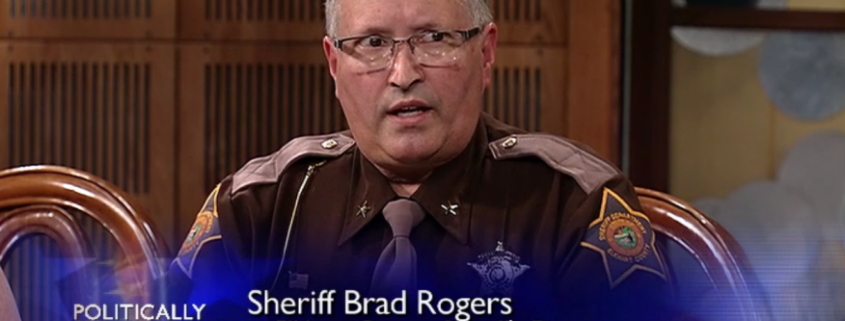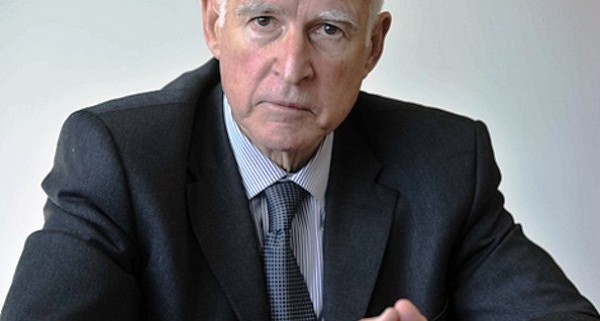To my friends supporting Donald Trump:
The Trump coalition is broad and complicated, but I believe many Trump fans are well-meaning. I have spoken at length with many of you, both inside and outside Nebraska. You are rightly worried about our national direction. You ache about a crony-capitalist leadership class that is not urgent about tackling our crises. You are right to be angry.
I’m as frustrated and saddened as you are about what’s happening to our country. But I cannot support Donald Trump.
Please understand: I’m not an establishment Republican, and I will never support Hillary Clinton. I’m a movement conservative who was elected over the objections of the GOP establishment. My current answer for who I would support in a hypothetical matchup between Mr. Trump and Mrs. Clinton is: Neither of them. I sincerely hope we select one of the other GOP candidates, but if Donald Trump ends up as the GOP nominee, conservatives will need to find a third option.
Mr. Trump’s relentless focus is on dividing Americans, and on tearing down rather than building back up this glorious nation. Much like President Obama, he displays essentially no understanding of the fact that, in the American system, we have a constitutional system of checks and balances, with three separate but co-equal branches of government. And the task of public officials is to be public “servants.” The law is king, and the people are boss. But have you noticed how Mr. Trump uses the word “Reign” – like he thinks he’s running for King? It’s creepy, actually. Nebraskans are not looking for a king. We yearn instead for the recovery of a Constitutional Republic.
At this point in Nebraska discussions, many of you have immediately gotten practical: “Okay, fine, you think there are better choices than Trump. But you would certainly still vote for Trump over Clinton in a general election, right?”
Before I explain why my answer is “Neither of them,” let me correct some nonsense you might have heard on the internet of late.
WHY I RAN FOR SENATE
***No, I’m not a career politician. (I had never run for anything until being elected to the U.S. Senate fifteen months ago, and I ran precisely because I actually want to make America great again.)
***No, I’m not a lawyer who has never created a job. (I was a business guy before becoming a college president in my hometown.)
***No, I’m not part of the Establishment. (Sheesh, I had attack ads by the lobbyist class run against me while I was on a bus tour doing 16 months of townhalls across Nebraska. Why? Precisely because I was not the preferred candidate of Washington.)
***No, I’m not concerned about political job security. (The very first thing I did upon being sworn in in January 2015 was to introduce a constitutional amendment for term limits – this didn’t exactly endear me to my new colleagues.)
***No, I’m not for open borders. (The very first official trip I took in the Senate was to observe and condemn how laughably porous the Texas/Mexican border is. See 70 tweets from @bensasse in February 2015.)
***No, I’m not a “squishy,” feel-good, grow-government moderate. (I have the 4th most-conservative voting record in the Senate: https://www.conservativereview.com/members/benjamin-sasse/ http://www.heritageactionscorecard.com/membe…/member/S001197 )
In my very first speech to the Senate, I told my colleagues that “The people despise us all.” This institution needs to get to work, not on the lobbyists’ priorities, but on the people’s: https://youtu.be/zQMoB4aUn04?t=3m8s
Now, to the question at hand: Will I pledge to vote for just any “Republican” nominee over Hillary Clinton?
Let’s begin by rejecting naïve purists: Politics has no angels. Politics is not about creating heaven on earth. Politics is simply about preserving a framework for ordered liberty – so that free people can find meaning and happiness not in politics but in their families, their neighborhoods, their work.
POLITICAL PARTIES
Now, let’s talk about political parties: parties are just tools to enact the things that we believe. Political parties are not families; they are not religions; they are not nations – they are often not even on the level of sports loyalties. They are just tools. I was not born Republican. I chose this party, for as long as it is useful.
If our Party is no longer working for the things we believe in – like defending the sanctity of life, stopping ObamaCare, protecting the Second Amendment, etc. – then people of good conscience should stop supporting that party until it is reformed.
VOTING
Now, let’s talk about voting: Voting is usually just about choosing the lesser evil of the most viable candidates.
“Usually…” But not always. Certain moments are larger. They cause us to explicitly ask: Who are we as a people? What does the way we vote here say about our shared identity? What is actually the president’s job?
THE PRESIDENT’S CORE CALLING
The president’s job is not about just mindlessly shouting the word “strong” – as if Vladimir Putin, who has been strongly bombing civilian populations in Syria the last month, is somehow a model for the American presidency. No, the president’s core calling is to “Preserve, Protect, and Defend the Constitution.”
Before we ever get into any technical policy fights – about pipelines, or marginal tax rates, or term limits, or Medicare reimbursement codes – America is first and fundamentally about a shared Constitutional creed. America is exceptional, because she is at her heart a big, bold truth claim about human dignity, natural rights, and self-control – and therefore necessarily about limited rather than limitless government.
THE MEANING OF AMERICA
America is the most exceptional nation in the history of the world because our Constitution is the best political document that’s ever been written. It said something different than almost any other government had said before: Most governments before said that might makes right, that government decides what our rights are and that the people are just dependent subjects. Our Founders said that God gives us rights by nature, and that government is not the author or source of our rights. Government is just our shared project to secure those rights.
Government exists only because the world is fallen, and some people want to take your property, your liberty, and your life. Government is tasked with securing a framework for ordered liberty where “we the people” can in our communities voluntarily build something great together for our kids and grandkids. That’s America. Freedom of religion, freedom of the press, freedom of association, freedom of speech – the First Amendment is the heartbeat of the American Constitution, of the American idea itself.
WHAT IS MOST IMPORTANT TO MR. TRUMP?
So let me ask you: Do you believe the beating heart of Mr. Trump’s candidacy has been a defense of the Constitution? Do you believe it’s been an impassioned defense of the First Amendment – or an attack on it?
Which of the following quotes give you great comfort that he’s in love with the First Amendment, that he is committed to defending the Constitution, that he believes in executive restraint, that he understands servant leadership?
Statements from Trump:
***“We’re going to open up libel laws and we’re going to have people sue you like you’ve never got sued before.”
***“When the students poured into Tiananmen Square, the Chinese government almost blew it. They were vicious, they were horrible, but they put it down with strength. That shows you the power of strength. Our country is right now perceived as weak…”
***Putin, who has killed journalists and is pillaging Ukraine, is a great leader.
***The editor of National Review “should not be allowed on TV and the FCC should fine him.”
***On whether he will use executive orders to end-run Congress, as President Obama has illegally done: “I won’t refuse it. I’m going to do a lot of things.” “I mean, he’s led the way, to be honest with you.”
***“Sixty-eight percent would not leave under any circumstance. I think that means murder. It think it means anything.”
***On the internet: “I would certainly be open to closing areas” of it.
***His lawyers to people selling anti-Trump t-shirts: “Mr. Trump considers this to be a very serious matter and has authorized our legal team to take all necessary and appropriate actions to bring an immediate halt…”
***Similar threatening legal letters to competing campaigns running ads about his record.
And on it goes…
IF MR. TRUMP BECOMES THE NOMINEE…
Given what we know about him today, here’s where I’m at: If Donald Trump becomes the Republican nominee, my expectation is that I will look for some third candidate – a conservative option, a Constitutionalist.
I do not claim to speak for a movement, but I suspect I am far from alone. After listening to Nebraskans in recent weeks, and talking to a great many people who take oaths seriously, I think many are in the same place. I believe a sizable share of Christians – who regard threats against religious liberty as arguably the greatest crisis of our time – are unwilling to support any candidate who does not make a full-throated defense of the First Amendment a first commitment of their candidacy.
Conservatives understand that all men are created equal and made in the image of God, but also that government must be limited so that fallen men do not wield too much power. A presidential candidate who boasts about what he’ll do during his “reign” and refuses to condemn the KKK cannot lead a conservative movement in America.
TO MAKE AMERICA GREAT
Thank you for listening. While I recognize that we disagree about how to make America great again, we agree that this should be our goal. We need more people engaged in the civic life of our country—not fewer. I genuinely appreciate how much many of you care about this country, and that you are demanding something different from Washington. I’m going to keep doing the same thing.
But I can’t support Donald Trump.
Humbly,
Ben Sasse
Nebraska

